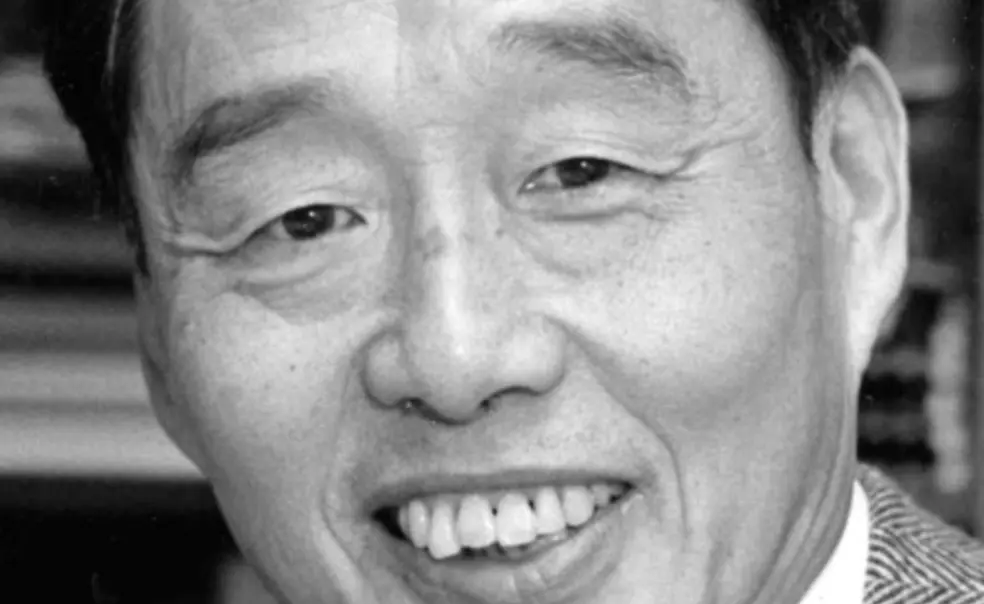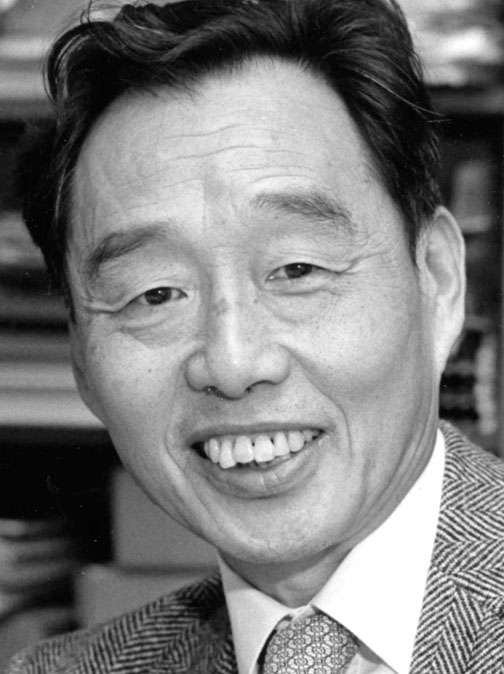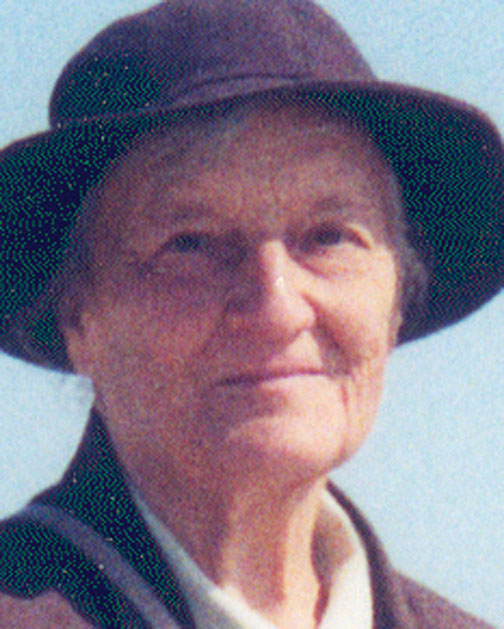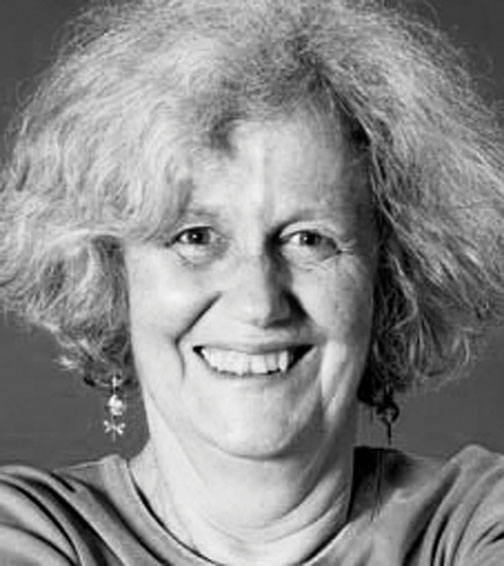In Memoriam
SIN-I CHENG *52, professor emeritus of mechanical and aerospace engineering and a pioneer in rocketry and aerodynamics, died Dec. 6 in Princeton. He was 89 and had served on the University’s faculty for 41 years. In 1956, Cheng published an influential monograph on fluid dynamics and chemistry that advanced the reliability of early rockets just as the United States was entering the space race. He continued research in fluid dynamics and, as an industry consultant, helped develop designs for intercontinental ballistic missiles. An early proponent of using computers to solve problems in aerodynamics and to understand turbulence, Cheng often lectured on computational aerodynamics in China.
CORNELIA N. BORGERHOFF, an assistant dean of the graduate school from 1969 to 1979, died Dec. 19 in Princeton. She was 91. She combined “a strong sense of fairness with an equally deep sense of compassion for graduate students,” said David Redman, associate dean of the graduate school. At a time when black students first were being admitted in significant numbers and there were few women in most fields of study at the graduate school, Borgerhoff supported black and female students through her counseling and encouragement.
MARGARET FELS, a longtime researcher and faculty member who helped create the field of energy analysis, died Nov. 12 in Princeton. She was 70. The first woman to receive a Hertz Foundation fellowship and one of the first women on the University’s engineering faculty, Fels served for 20 years as a research staff member at the Center for Energy and Environmental Studies. She created a still-used system called “scorekeeping” that allows businesses to analyze the effectiveness of energy conservation methods.















No responses yet